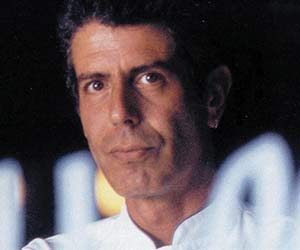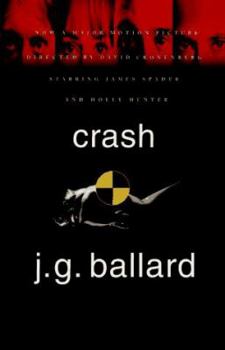Crash
Select Format
Select Condition 
Book Overview
The Definitive Cult, Postmodern Novel--a Shocking Blend of Violence, Transgression, and Eroticism Reissued with a New Introduction from Zadie SmithWhen J. G. Ballard, our narrator, smashes his car... This description may be from another edition of this product.
Related Subjects
Gender Roles Isolation Morality Obsession Sexuality Trauma Violence Psychological Fiction Contemporary FictionCustomer Reviews
Ballard conveys a powerful and brilliant vision
Weird even for Ballard
Perspectives on Crash
perhaps not Ballard's best . . .
Bloody brilliant.
Crash Mentions in Our Blog

Welcome to Sold, Viewed, Playful, New, where we spotlight popular/fascinating/favorite items in four distinct categories. Sold, for used books. Viewed, for DVDs or Blu-rays. Playful, for board, card, or video games. And New, for new books. Author Erik Davis coined the term High Weirdness in his book of the same name to refer to a genre of Sci-Fi and philosophical writing that charted "the emergence of a new psychedelic worldview out of the American counterculture of the seventies." While Davis focused primarily on authors from America’s west coast, I'm going to expand the category to include a bit more with this month's recommendations.

On this day, it is acceptable to be weird and wacky. Let the goofiest part of yourself out the cellar of your mind to flap its arms and finger its lips while going blubblubblub. In other words, it's a day for odd fun. In the spirit of that, we at ThriftBooks have decided to recommend eight bizarro titles to help you get your Weird Hat on!

Today, Anthony Bourdain would have turned 64. Two years ago, the celebrity chef and author shocked many when he took his own life while on location in France shooting his TV show Parts Unknown. Here we remember the famously insurgent character who did everything on his own terms.





